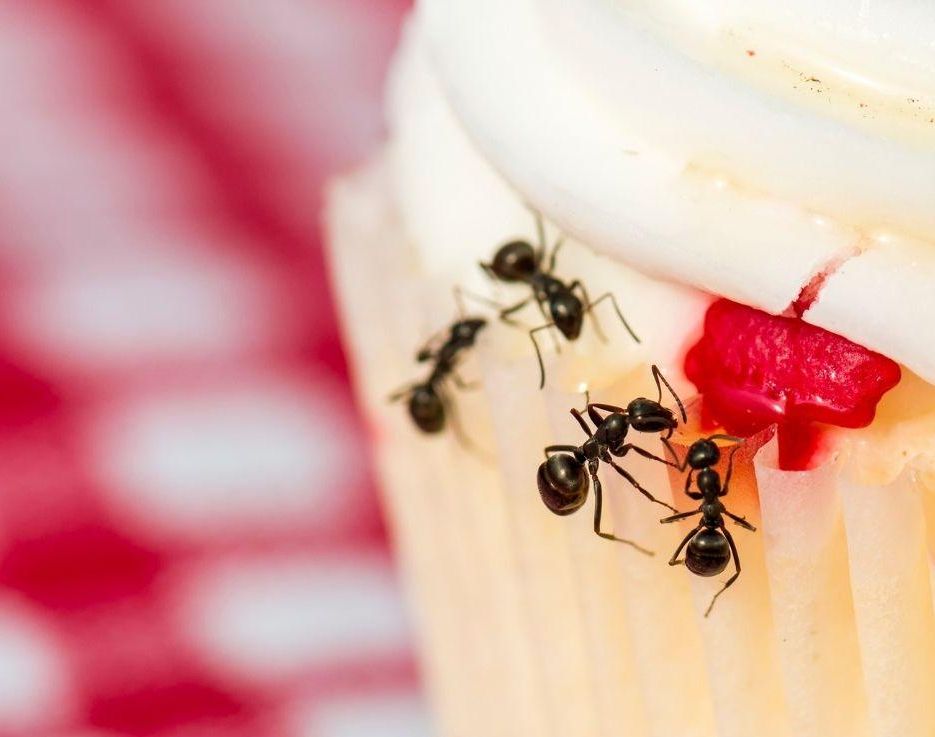Warming weather and longer days mean more time for citizen science! Check out our editor’s list of fun and easy projects to do this month, benefiting humans, ants, and more.
The SciStarter Blog
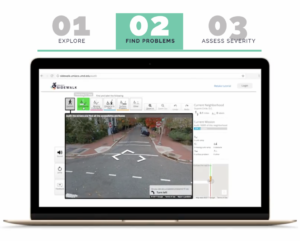
Project Sidewalk
Let’s create a path for everyone to enjoy the great outdoors this summer! Virtually explore city streets to find and label accessibility issues in three easy steps, right from the comfort of your home. Your observations will be used to improve city planning, build accessibility-aware mapping tools and train machine learning algorithms to automatically find accessibility issues.
Location: Global
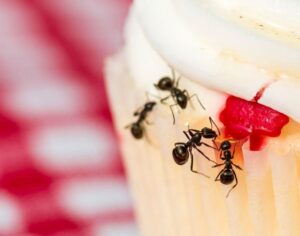
Ant Picnic
Are you planning a summer picnic? Help out scientists by inviting some ants! Set out six foods and document what the ants eat. Report on the environment of your ant picnic, the number of ants that come and upload a picture of your experiment.
Location: Global
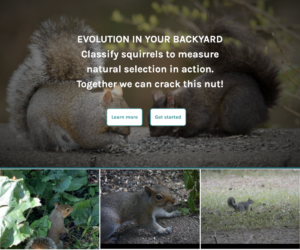
SquirrelMapper
Today, most of the squirrels we see in North America are gray. But did you know two centuries ago most were black? Help scientists find an answer to how evolution could change these species so profoundly. Contribute squirrel observations, classify squirrels based on their color or play Find the Squirrel to see if you can spot the squirrel in 15 seconds or less.
Location: North America
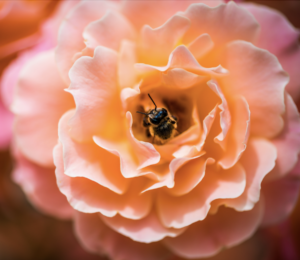
BudBurst
How are ecosystems near you changing as summer begins? Help researchers study pollinators and native plants by uploading images as plants come up, bloom, turn to seed and more. Enjoy the summer sun and bloom while learning about the natural world and contributing to science.
Location: North America
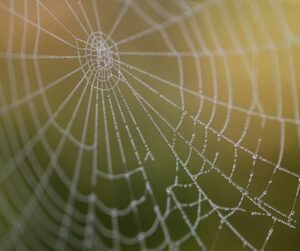
Spidey Senser
Are spiders finding relief from the summer heat inside your house? Instead of dusting away spider webs, collect and send them to the Spidey Senser Lab. Metals in the air settle as dust in spider webs, which can give scientists insights into air quality! It’s a clever way to detect air quality differences across communities.
Location: Global

